
doi.org/10.1021/acsc...
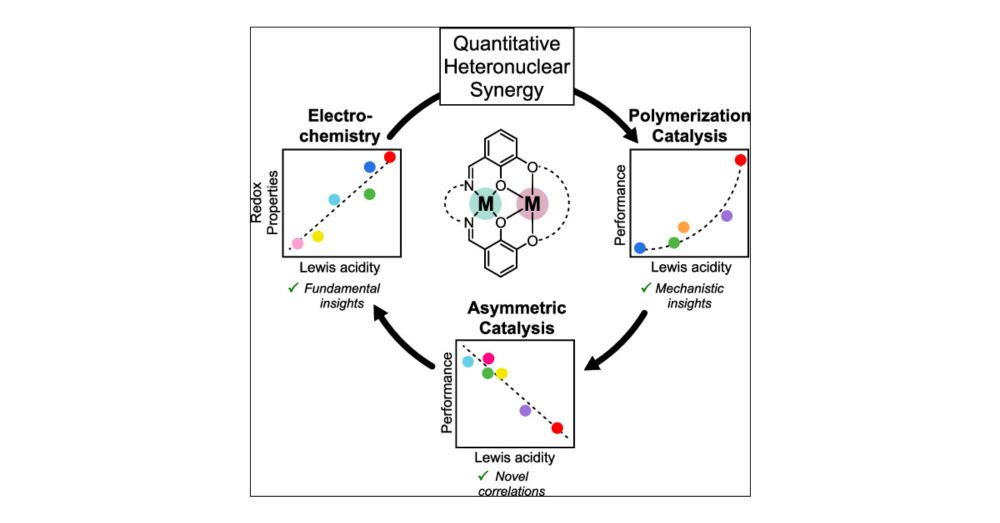
doi.org/10.1021/acsc...
Congratulations to Sandy, Ryan, Thom, and Lukas! 🧪💚
doi.org/10.1039/D5GC...
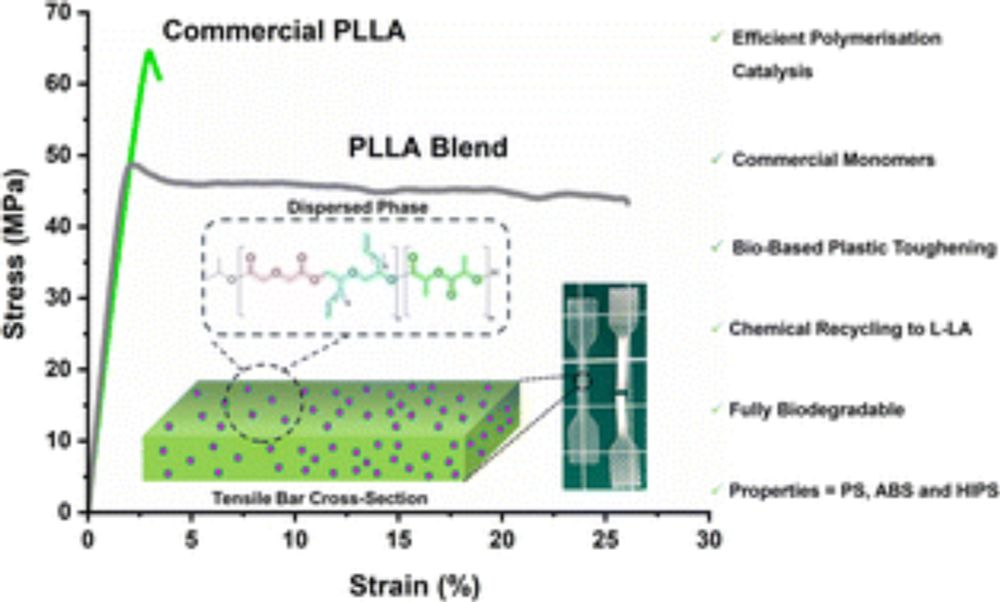
Congratulations to Sandy, Ryan, Thom, and Lukas! 🧪💚
doi.org/10.1039/D5GC...
Congratulations to @freyab98.bsky.social, Francesca Fiorentini, and Katharina Eisenhardt 🎉🧪
doi.org/10.1021/acs....
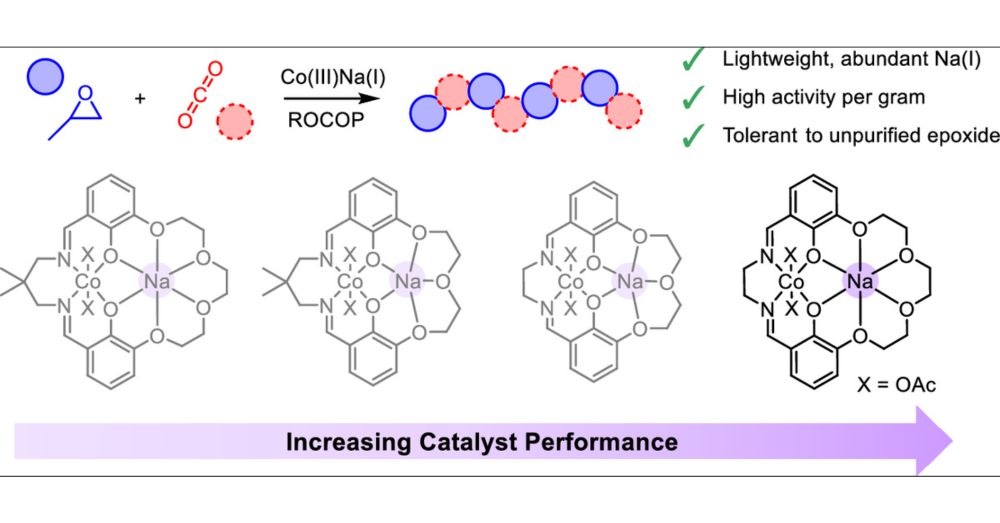
Congratulations to @freyab98.bsky.social, Francesca Fiorentini, and Katharina Eisenhardt 🎉🧪
doi.org/10.1021/acs....
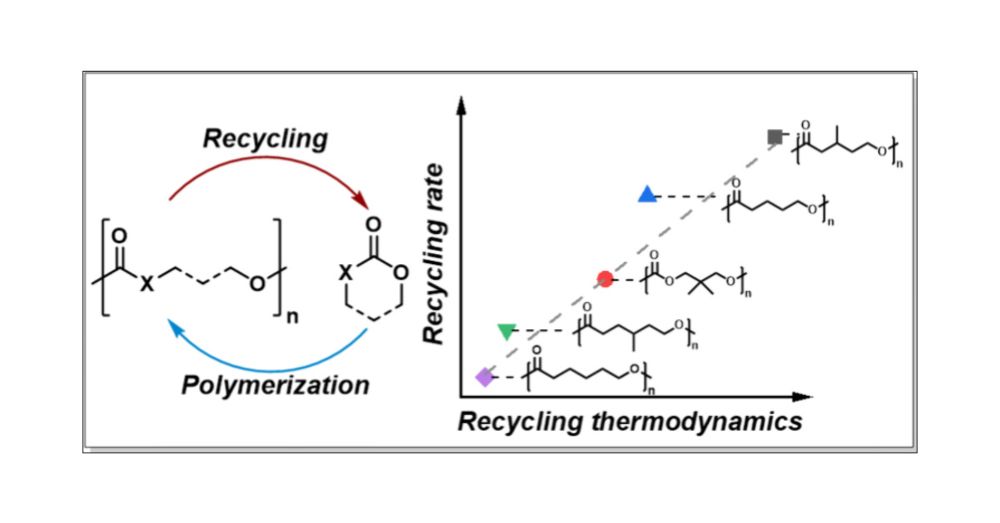
Congrats to @bonny-gao.bsky.social, @kampoon1.bsky.social, @matildeconcilio.bsky.social, Thomas, and George! 🧪💚♻️
advanced.onlinelibrary.wiley.com/doi/10.1002/...
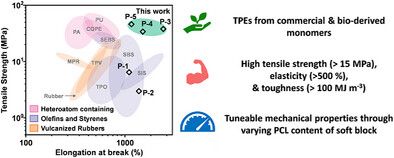
Congrats to @bonny-gao.bsky.social, @kampoon1.bsky.social, @matildeconcilio.bsky.social, Thomas, and George! 🧪💚♻️
advanced.onlinelibrary.wiley.com/doi/10.1002/...
Congratulations to Thom and David! 🎉🧪
pubs.acs.org/doi/10.1021/...
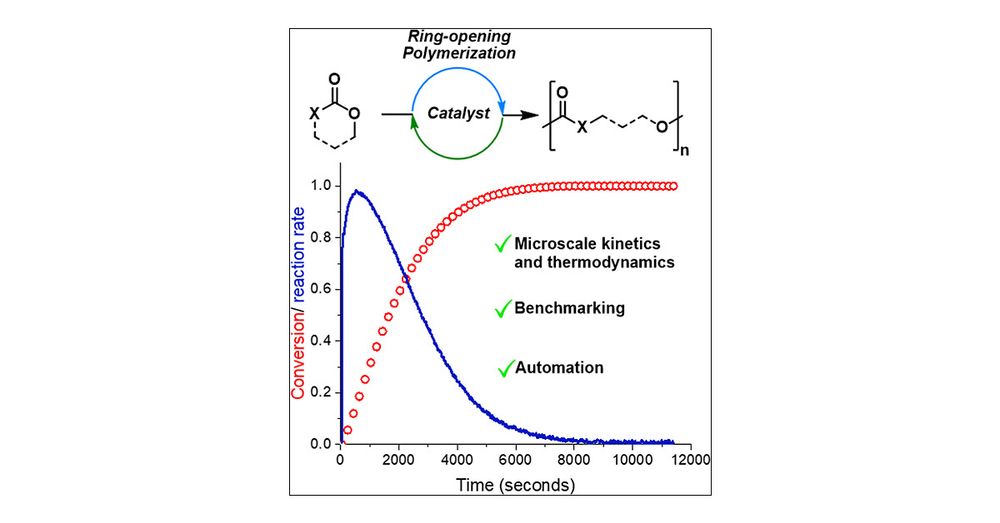
Congratulations to Thom and David! 🎉🧪
pubs.acs.org/doi/10.1021/...
onlinelibrary.wiley.com/doi/10.1002/...
onlinelibrary.wiley.com/doi/10.1002/...
@rsc.org
www.linkedin.com/pulse/rscpos...
@rsc.org
www.linkedin.com/pulse/rscpos...
Congratulations to Maddie, Thom, and
@ryanwfkerr.bsky.social 💚🧪♻️
onlinelibrary.wiley.com/doi/10.1002/...
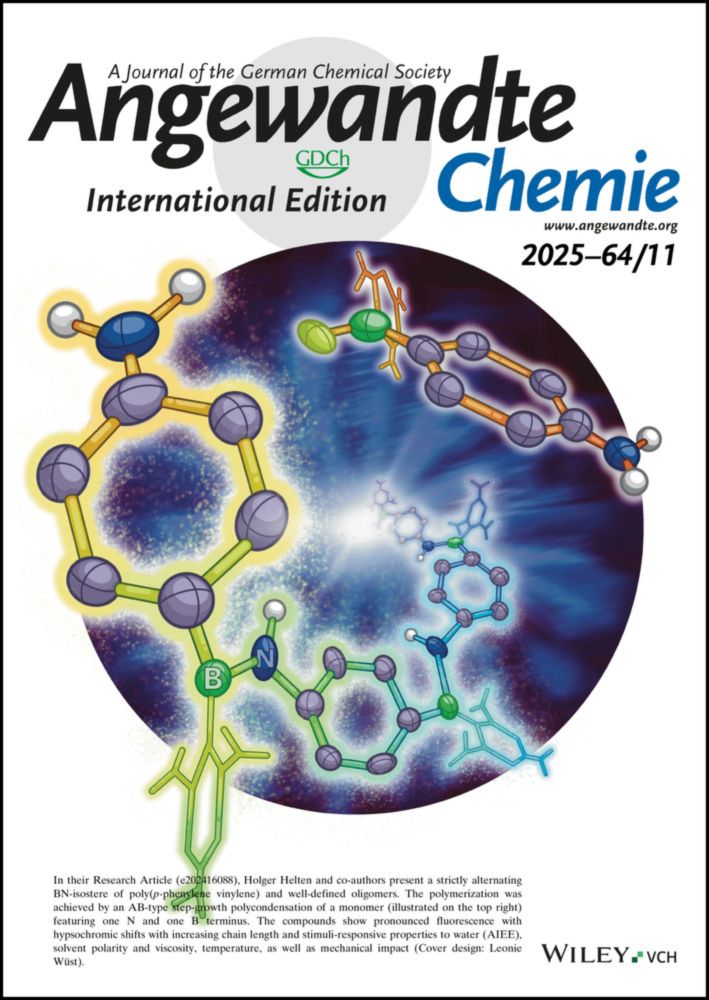
Congratulations to Maddie, Thom, and
@ryanwfkerr.bsky.social 💚🧪♻️
onlinelibrary.wiley.com/doi/10.1002/...
shorturl.at/S5QCa
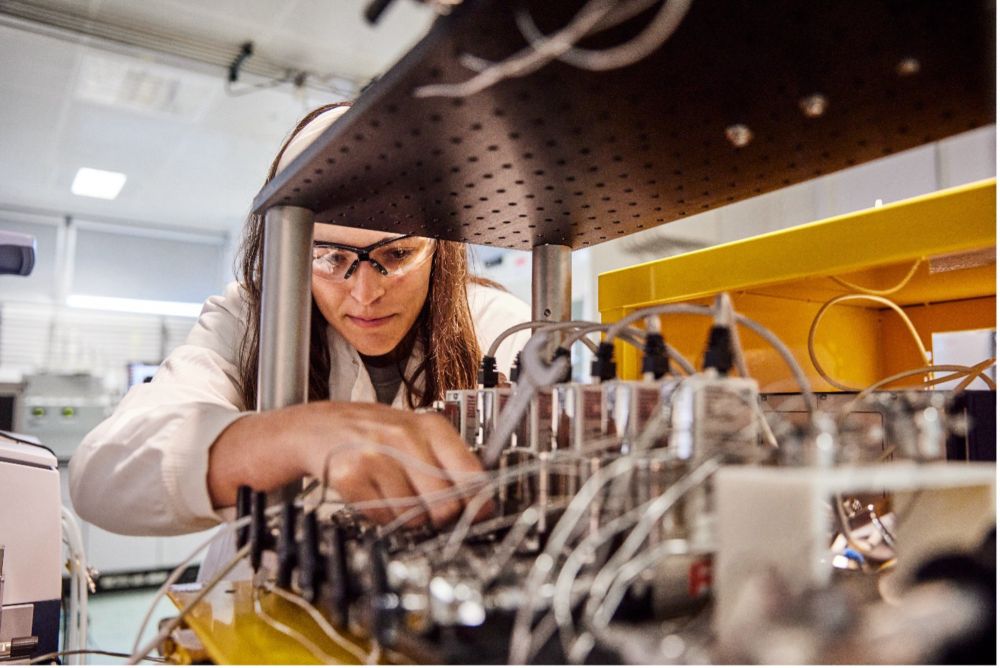
shorturl.at/S5QCa
Check out our latest paper on “Precise Carboxylic Acid-Functionalized Polyesters in Reprocessable Vitrimers” now out in JACS! ♻️👇
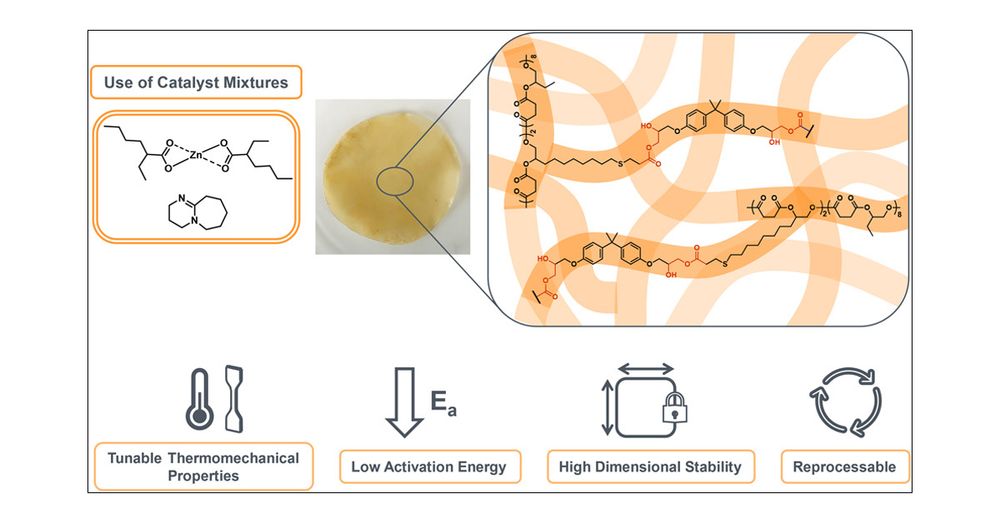
Check out our latest paper on “Precise Carboxylic Acid-Functionalized Polyesters in Reprocessable Vitrimers” now out in JACS! ♻️👇
🔋🥳
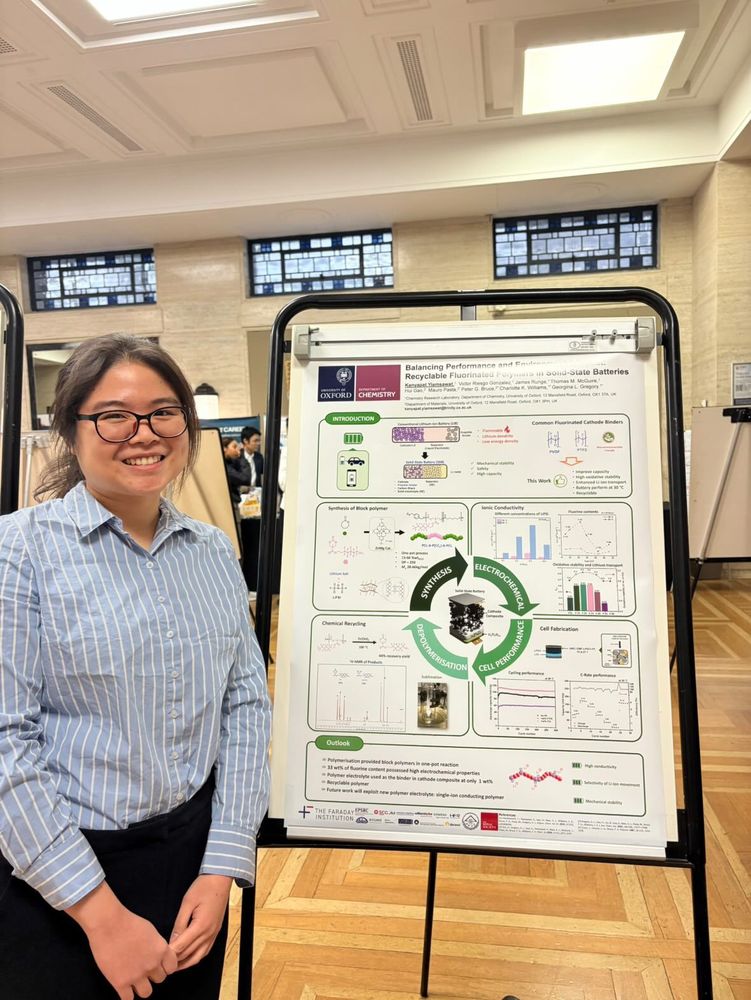
🔋🥳
We can’t wait to share our exciting results soon… 😁
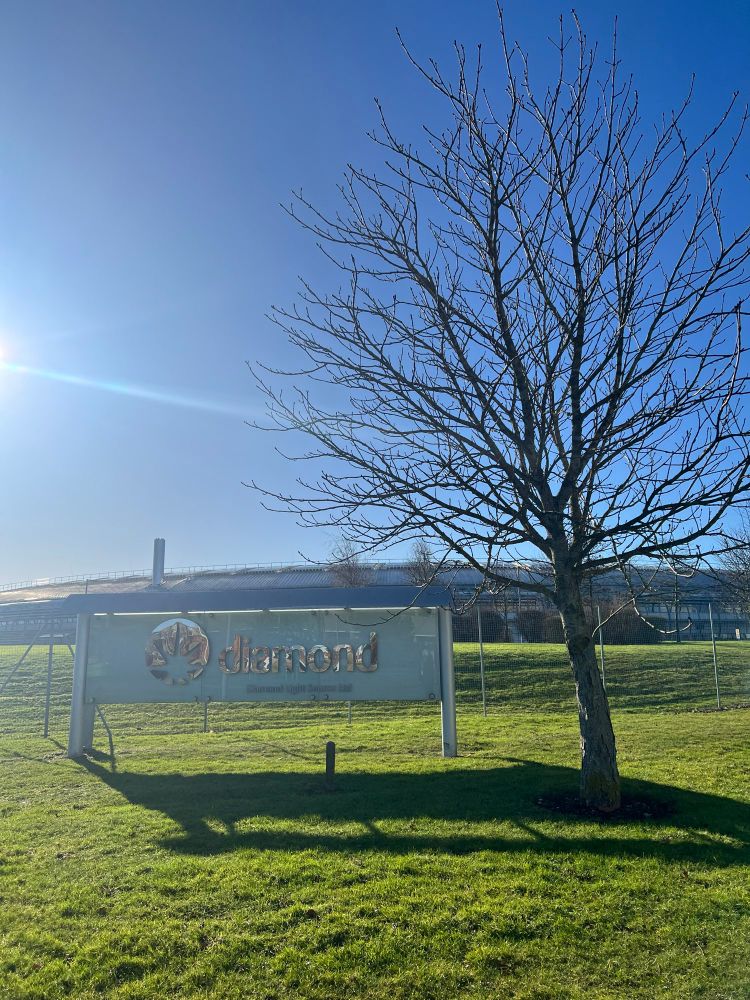
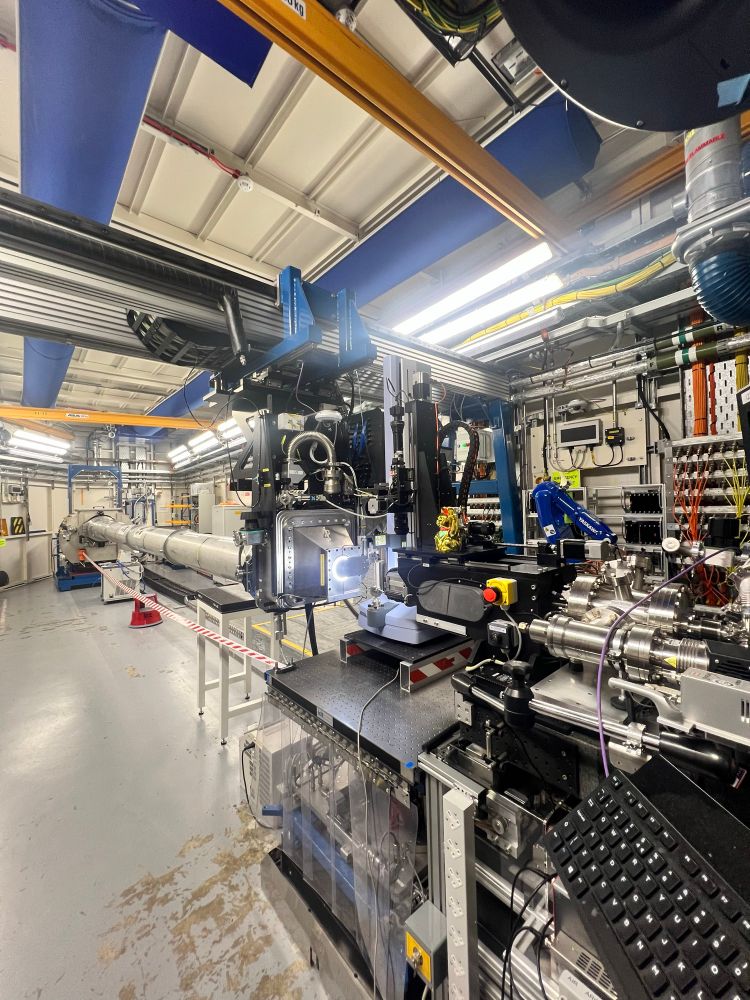
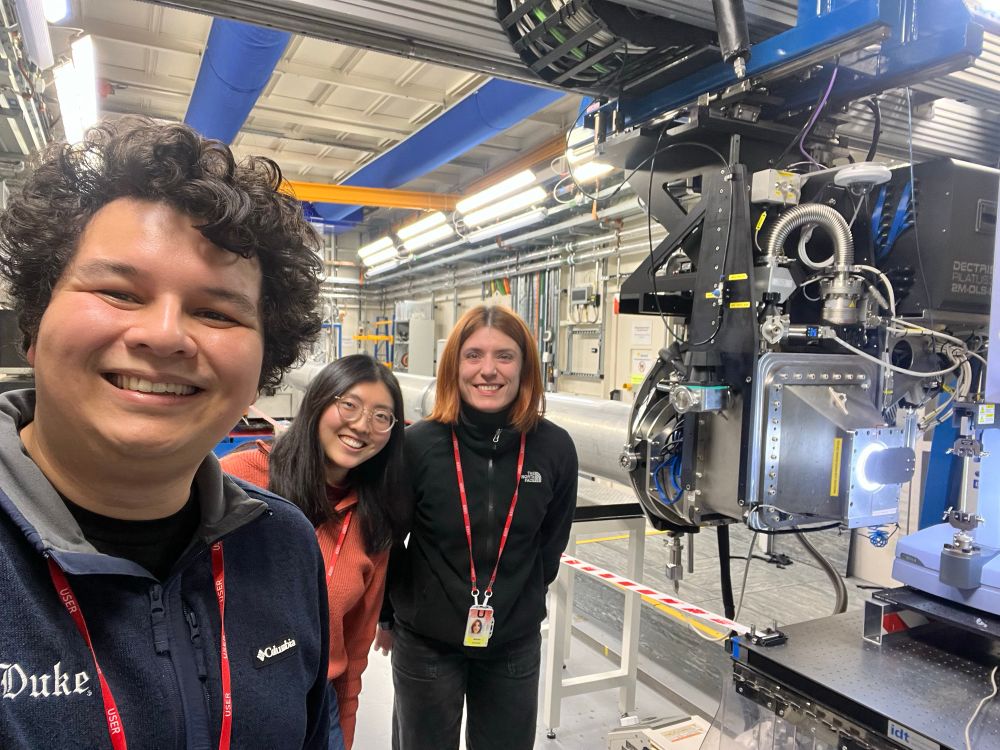
We can’t wait to share our exciting results soon… 😁
www.oxfordmartin.ox.ac.uk/blog/a-dream...
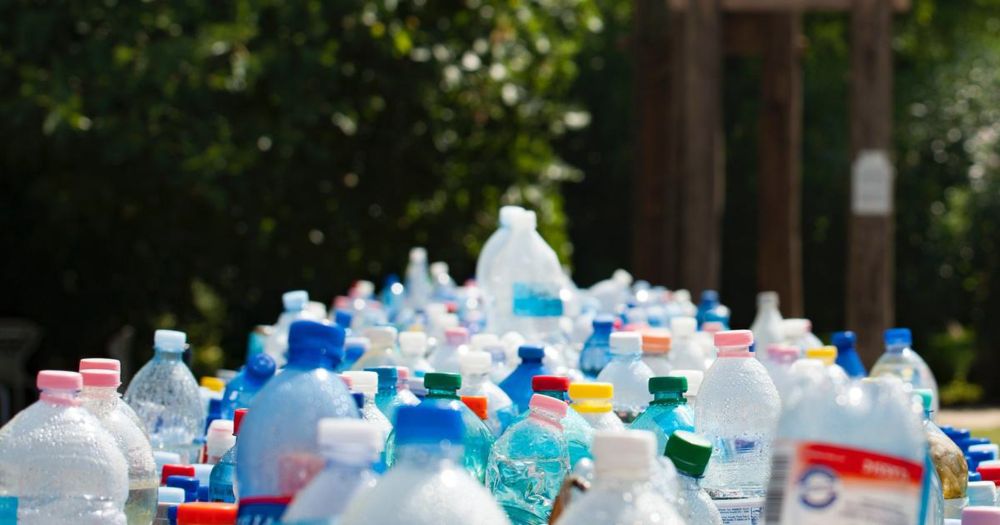
www.oxfordmartin.ox.ac.uk/blog/a-dream...
I had a wonderful time presenting my recent work and moderating the discussion on Advanced Materials.
I got to know so many incredible young scientists and am leaving Singapore inspired by all the outstanding talks!
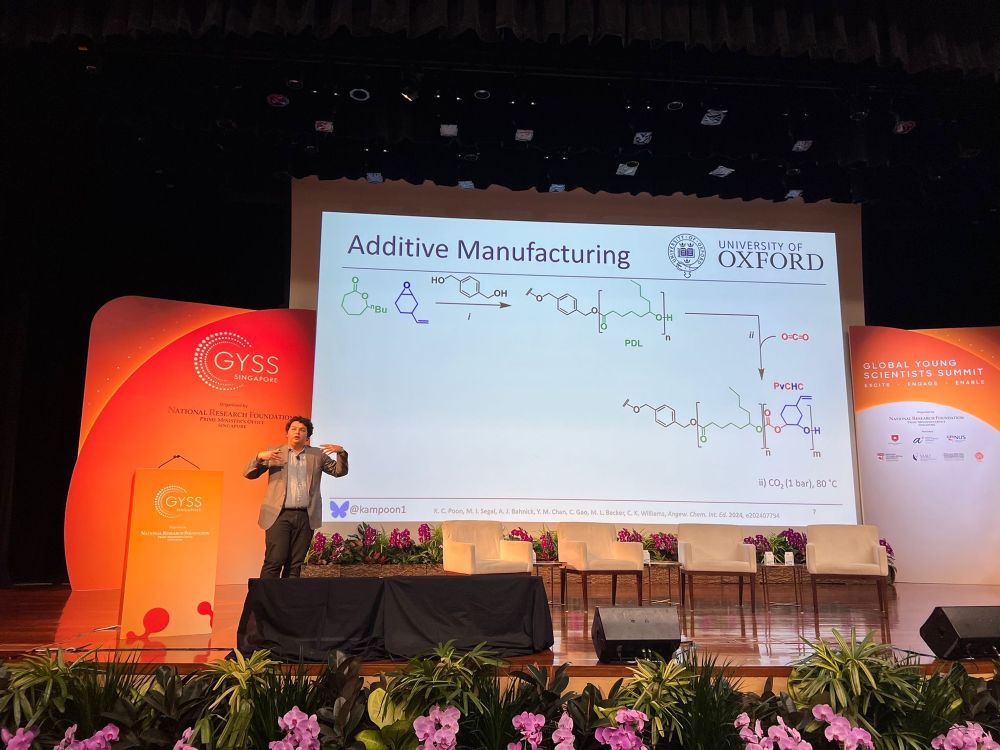
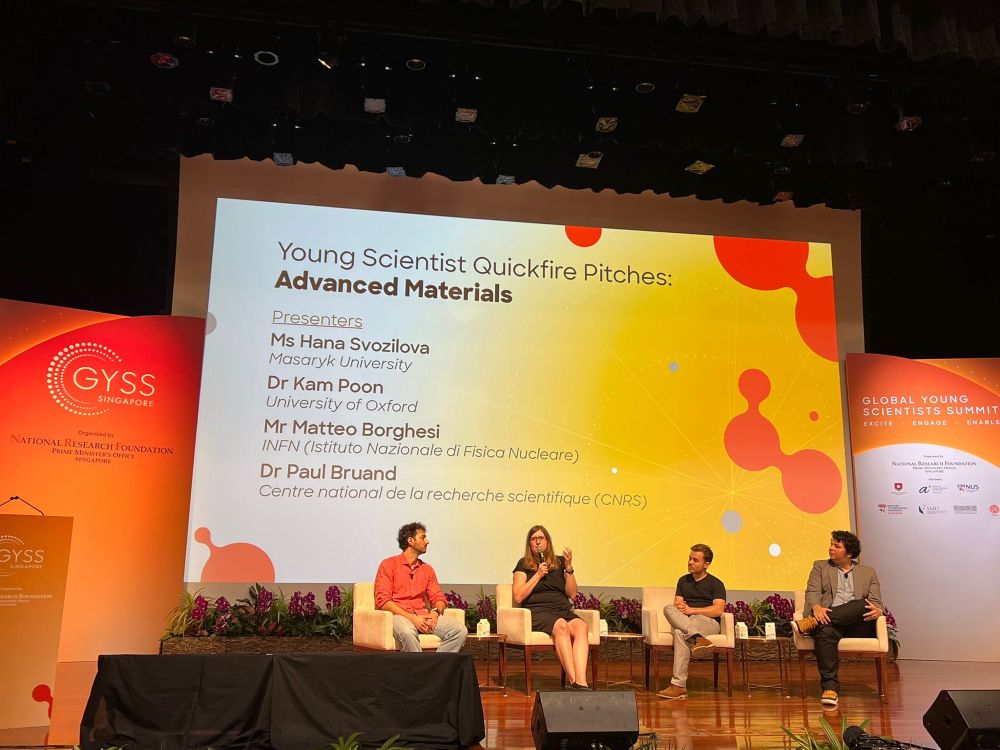

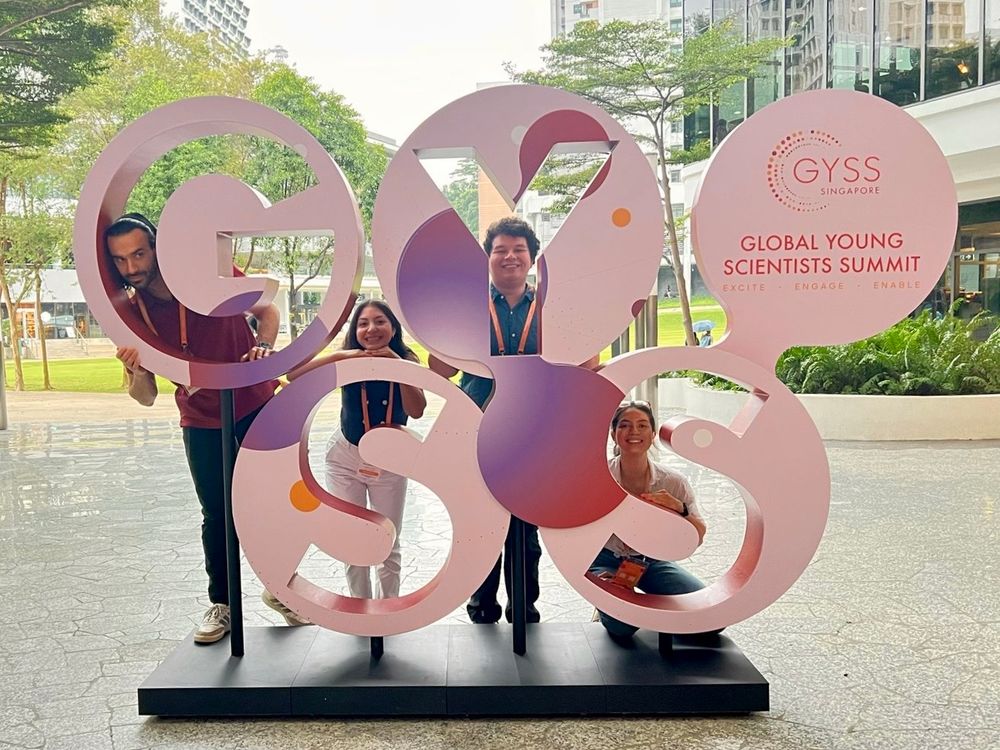
I had a wonderful time presenting my recent work and moderating the discussion on Advanced Materials.
I got to know so many incredible young scientists and am leaving Singapore inspired by all the outstanding talks!
@kateisenhardt.bsky.social @williamsgroupox.bsky.social
onlinelibrary.wiley.com/doi/10.1002/...
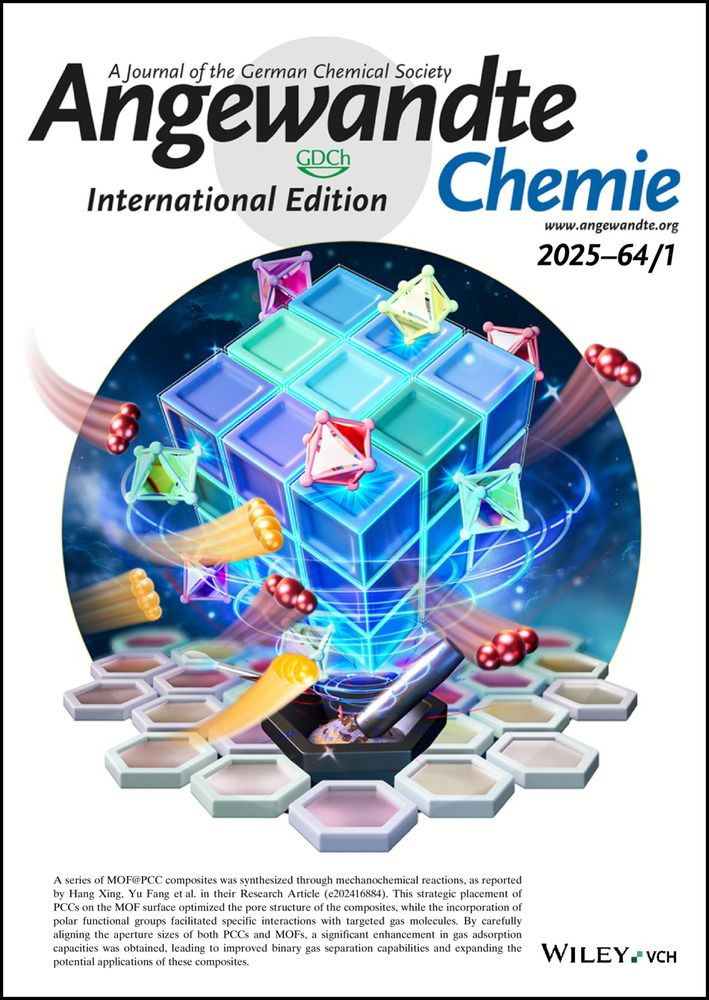
@kateisenhardt.bsky.social @williamsgroupox.bsky.social
onlinelibrary.wiley.com/doi/10.1002/...
Check out “Structure-Activity Relationships for s-Block Metal/Co(III) Heterodinuclear Catalysts in Cyclohexene Oxide Ring-Opening Copolymerizations” below👇
onlinelibrary.wiley.com/doi/10.1002/...
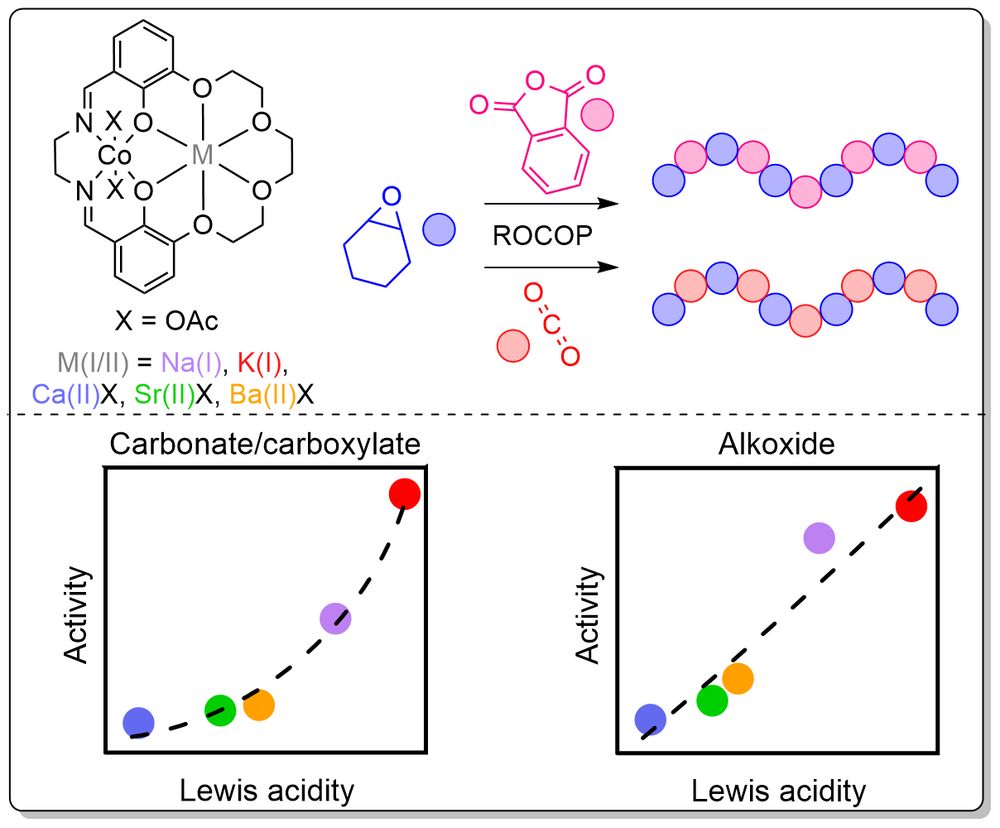
Check out “Structure-Activity Relationships for s-Block Metal/Co(III) Heterodinuclear Catalysts in Cyclohexene Oxide Ring-Opening Copolymerizations” below👇
onlinelibrary.wiley.com/doi/10.1002/...
ukcatalysishub.co.uk/uk-catalysis...
ukcatalysishub.co.uk/uk-catalysis...

A huge congratulations to Shannon, David, George, Yichen, David and Clive!! 🧪💻🔧💚
onlinelibrary.wiley.com/doi/10.1002/...
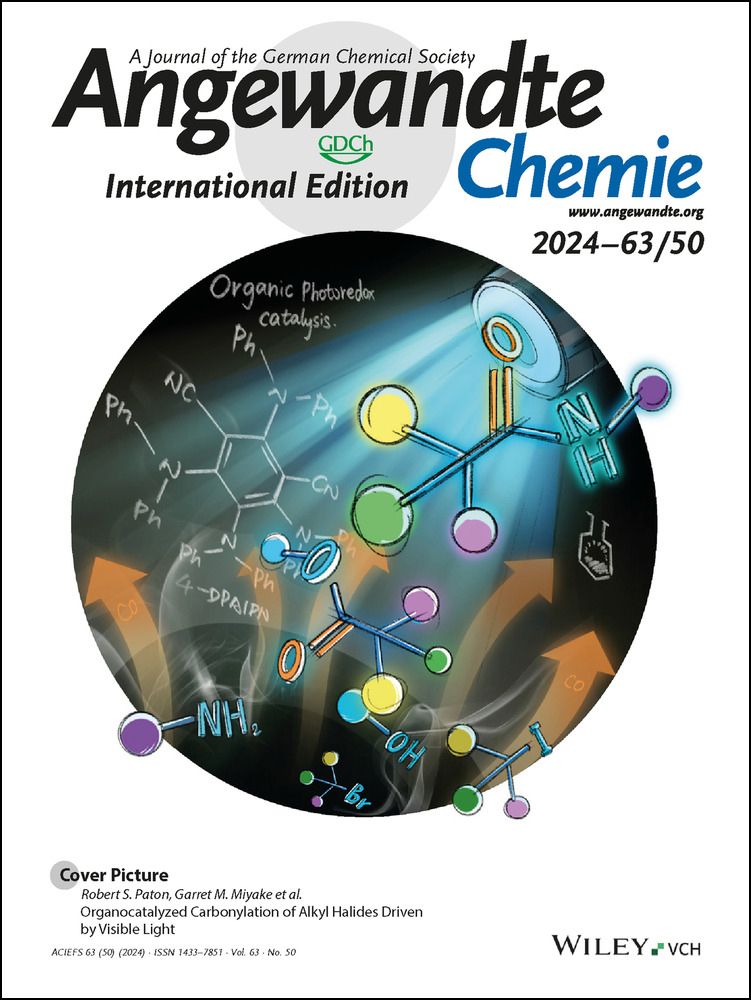
A huge congratulations to Shannon, David, George, Yichen, David and Clive!! 🧪💻🔧💚
onlinelibrary.wiley.com/doi/10.1002/...
Congratulations to Kat and Fran! 🥳🧪
pubs.acs.org/doi/10.1021/...
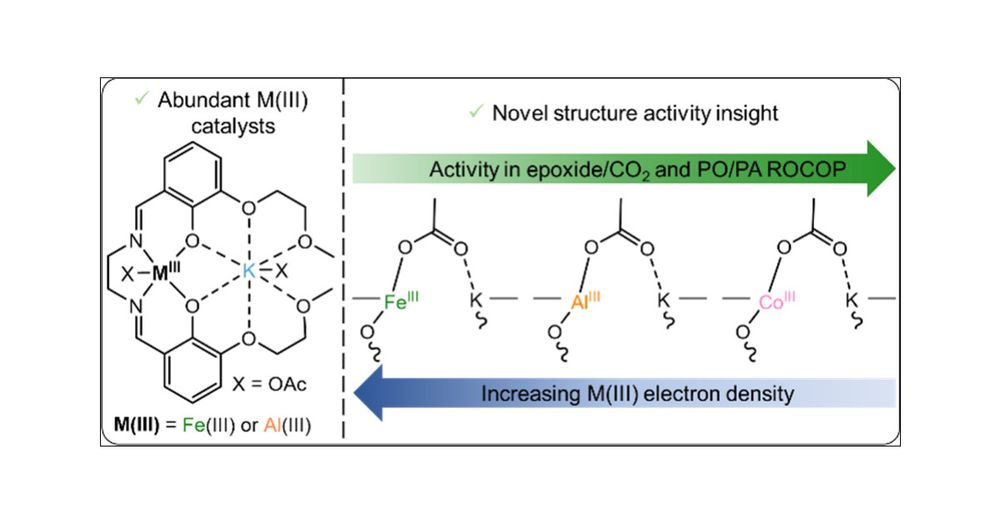
Congratulations to Kat and Fran! 🥳🧪
pubs.acs.org/doi/10.1021/...

